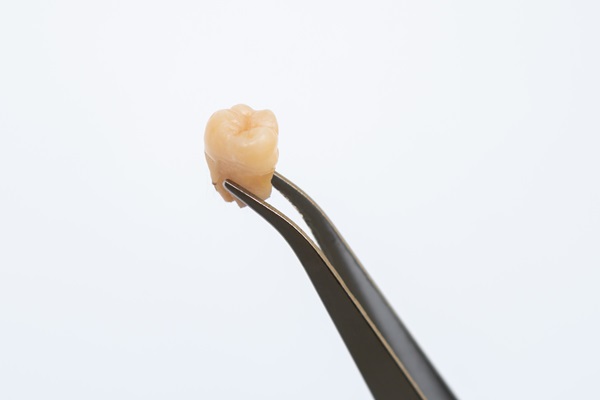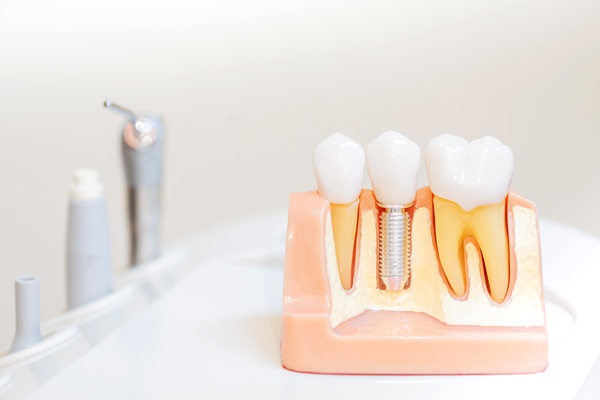Understanding Wisdom Teeth Removal: Benefits and Risks
is a common procedure that prevents serious dental problems caused by these third molars. While wisdom teeth cause no problems for many, removal is crucial to the oral health maintenance of many others. By learning about the benefits and risks of this procedure, you can make an informed decision about whether wisdom teeth removal is right for you.
What are wisdom teeth?
Wisdom teeth are the third set of molars that typically erupt in the late teens or early twenties. For some, these teeth erupt without issue. However, in many cases, wisdom teeth do not have enough space to erupt properly, leading to issues like impaction, crowding, or infection. Therefore, a dentist or oral surgeon may recommend removal.
Benefits of wisdom teeth removal
Wisdom teeth removal is typically a straightforward procedure done under local anesthetic on an outpatient basis. When a provider recommends wisdom teeth removal, it is after ensuring that the benefits outweigh the potential risks.
Prevents crowding and alignment issues
When there is not enough space in the mouth, wisdom teeth can push against neighboring teeth, causing them to shift out of alignment. This scenario is one of the leading reasons behind wisdom teeth removal. In these cases, the procedure helps preserve the smile's alignment and may prevent the need for additional treatments such as orthodontics.
Reduces risk of infection and decay
Impacted wisdom teeth can create pockets in the gums where bacteria and food particles collect, leading to infection or tooth decay. These pockets are difficult to clean, making them prone to problems over time. Removing the impacted wisdom teeth can minimize these risks, helping to ensure healthier teeth and gums.
Prevents pain and discomfort
Many people experience pain, swelling, or discomfort as their wisdom teeth attempt to erupt. This oral pain can interfere with daily activities and reduce overall quality of life. Removing the teeth relieves this discomfort and prevents further complications.
Risks of wisdom teeth removal
Though the benefits of this procedure outweigh the risks, patients should be aware of potential risks and how to minimize them.
Temporary discomfort and swelling
Like any surgical procedure, wisdom teeth removal may cause temporary discomfort, swelling, or bruising. These symptoms are typically mild and manageable with medication and proper aftercare, and most patients recover fully within a few days to a week.
Potential for infection
Although rare, there is a small risk of infection following wisdom teeth removal. Infection can occur if food particles or bacteria enter the extraction site. However, when patients follow their oral surgeon's aftercare instructions, they can minimize this risk and help ensure a smooth recovery.
Nerve injury
In some cases, removing lower wisdom teeth may pose a slight risk of nerve injury, which could cause temporary numbness or tingling in the lips, tongue, or chin. These complications are uncommon, and an experienced oral surgeon takes every precaution to avoid them.
Surgical solutions to protect your oral health
Wisdom teeth removal can protect oral health and prevent future problems. While there are some risks, the benefits often outweigh them, especially when performed by a skilled oral surgeon. If you are experiencing issues with your wisdom teeth, schedule a consultation today to explore your options.
Request an appointment here: https://spectrumsurgical.net or call Facial Spectrum at (816) 524-4334 for an appointment in our Lee's Summit office.
Check out what others are saying about our dental services on Yelp: .
Recent Posts
Dental implants represent a durable and aesthetically pleasing solution for replacing missing teeth. Understanding the proper care for dental implants remains essential to ensure longevity and optimal function. Adhering to recommended practices significantly reduces the risk of complications, preserves oral health, and maintains the attractive appearance and comfort associated with implants. By implementing consistent maintenance…
The jawbone is the part of the face that holds many essential elements together, such as the teeth, ligaments, and muscles; however, bone grafting may sometimes be necessary if the jawbone is too weak to perform these tasks. A person’s jawbone can deteriorate over time, whether due to age, genetics, poor oral health, cancer, or…
Finding lasting relief from issues such as misalignment and facial asymmetry can involve specialized procedures. Fortunately, corrective jaw surgery is a reliable option for addressing these concerns. A dental specialist realigns the upper or lower jaw during this process to promote better function and comfort. Although the procedure can benefit health and appearance significantly, a…
Many individuals seek rhinoplasty to enhance facial harmony, improve nasal function, or correct structural abnormalities. As a surgical procedure that reshapes the nose, rhinoplasty can address aesthetic concerns as well as breathing difficulties caused by structural defects such as a deviated septum. Understanding the consultation process, surgical techniques, and what to expect from the recovery…


